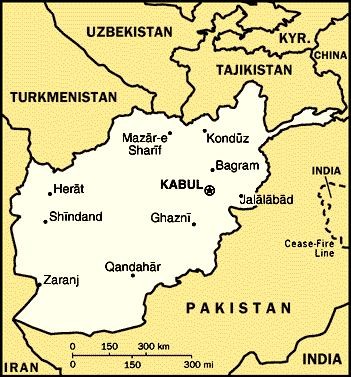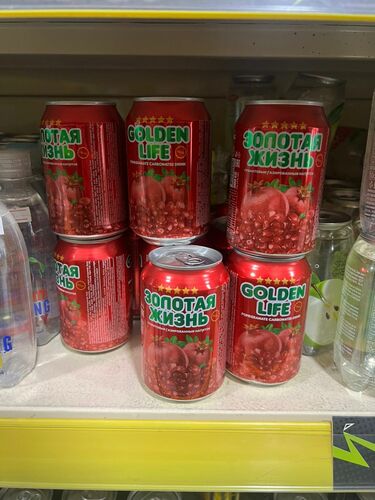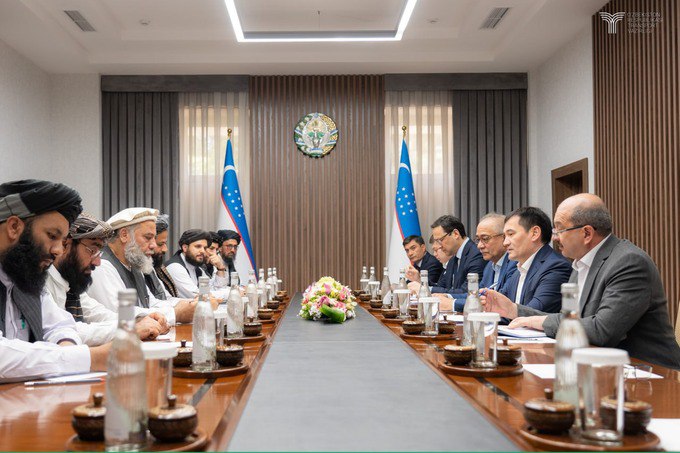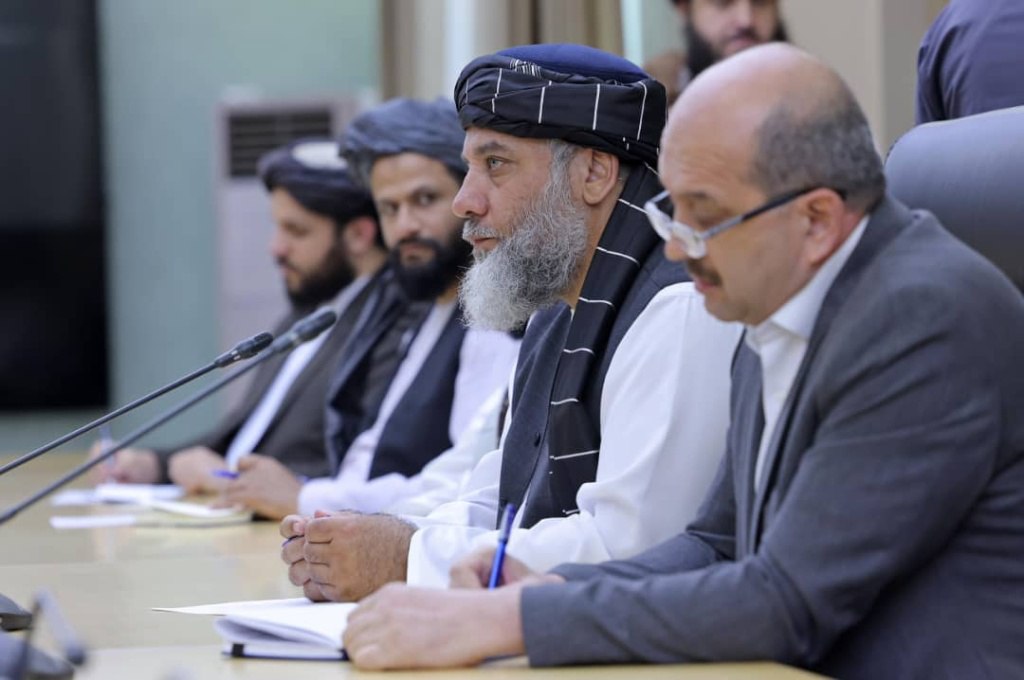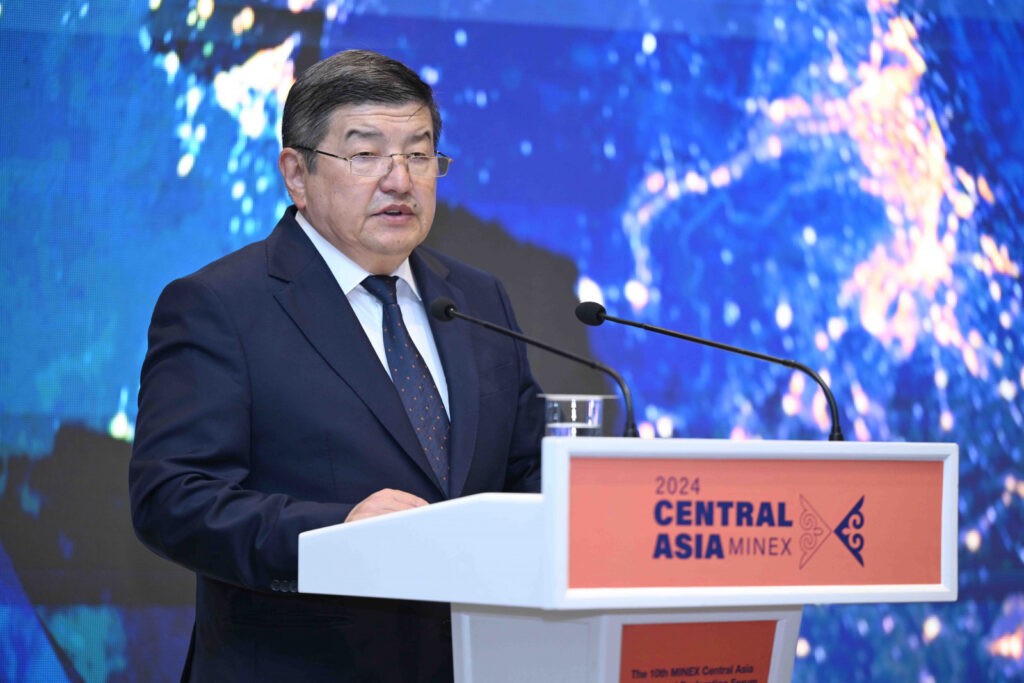KABUL (TCA) — An investigation by Afghan broadcaster TOLOnews revealed that lapis lazuli prices have reduced unprecedentedly due to illegal mining in one of the main deposits of the mineral resource in the northeastern province of Badakhshan.
Local businessmen said the average price of one kilogram of lapis lazuli is $20 in local markets while it was $500 a decade ago.
Lapis lazuli is a blue metamorphic rock that has been used by people as a gemstone, sculpting material, and ornamental material for thousands of years.
Afghanistan is the world’s leading source of lapis lazuli.
“Our business was good in the past but has declined to 10 percent in the past five years,” said Mohammad Ibrahim, head of Kabul Jewelers Union.
Main deposits of lapis lazuli are located in Keran Wa Manjan district in Badakhshan which had fallen to the Taliban on July 24, according to local officials.
The Afghan government had full control over the deposits for only two years in the past decade while it has had partial control over the district during this period.
Experts said Afghanistan’s lapis lazuli has a unique quality compared with the lapis lazuli in other countries, including Chile and Holland.
Global Witness, an international monitoring organization, in a report in 2016 accused many individuals in Afghanistan, including tribal elders and political figures, of involvement in illegal extraction of lapis lazuli.
Statistics by Global Witness show that in 2014 alone, over 20 tons of lapis lazuli was extracted from Keran Wa Manjan deposits each day.
And during this period, over 7,500 tons of lapis lazuli worth $125 million was exported illegally outside Afghanistan.
The figures also show that from the amount, $20 million went to accounts of illegal armed groups.
Last year, the Afghan government formed a committee comprising representatives of the ministries of Mines and Defense, the National Directorate of Security and the National Security Council to address the issue of illegal mining.
Monitoring organizations say the committee has not been able to implement its decisions.
